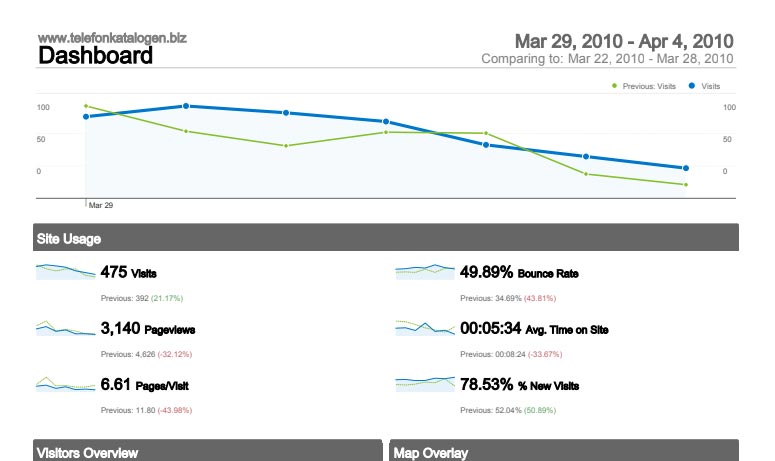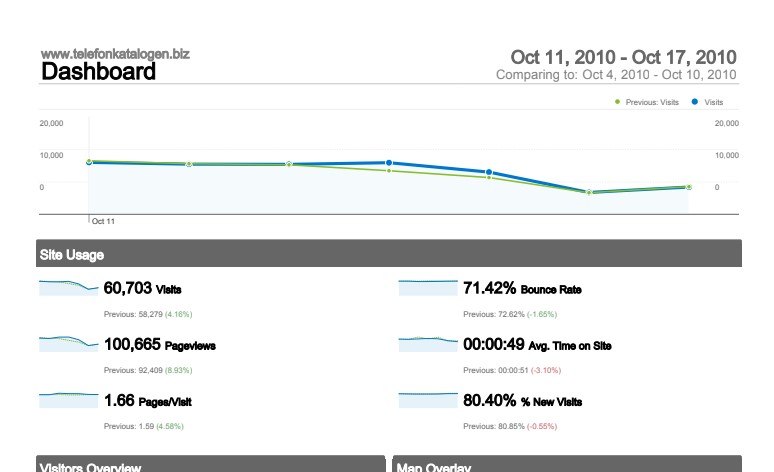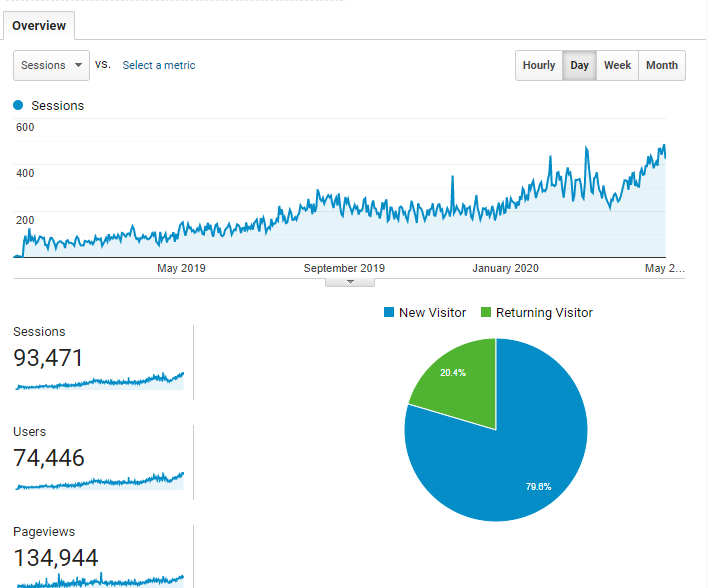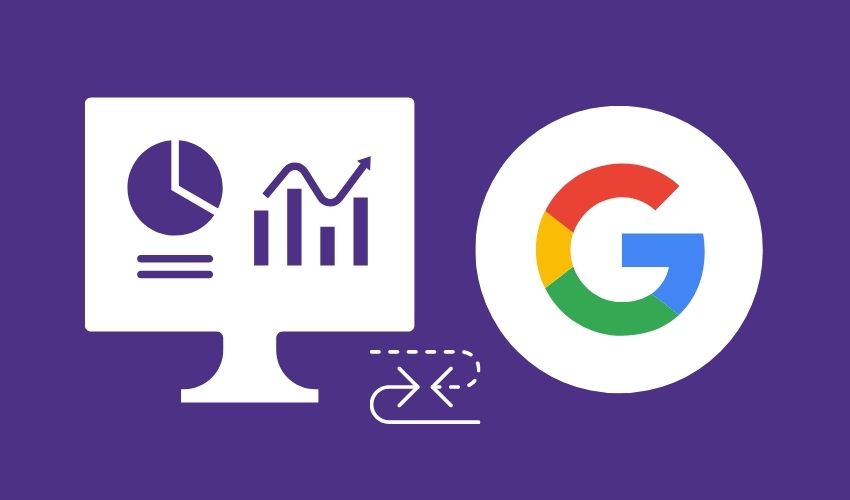Are you looking for keywords that will help your business grow?
I’ll walk you through the process of using Google’s keyword planner tool to get more traffic
You’ll learn how to use it the right way
You might be thinking, “I don’t even know what a keyword is.”
Don’t worry! I’ve got you covered too.
Table of Contents
What is Google Keyword Planner?
Google Keyword Planner is a free tool that lets you plan and analyze your keywords for AdWords campaigns. It can be used to find the most appropriate words or phrases and how they rank in search results on Google’s SERP (Search Engine Results Page).
Google Keyword Planner is an easy way of finding out what people are looking up online so that you’re able to develop content based on these topics to increase traffic towards your site.
Google Keyword Planner is an excellent tool for helping you optimize your content and find the right keywords to target. You can use it as many times in a day as you want, which might help with how often people are using this site.
Google’s keyword planner has been around since 2009, so there must be something good about it! Of course, it helps that Google doesn’t limit users on their daily quota of requests (you’re allowed unlimited access), but they do state service: “We’ve designed our systems to prevent abuse.”
You know, there are many tools out there for researching keywords, but nothing is better than the Google Keyword Tool because it’s free!
How to Open A Keyword Planner Account?
You’ve noticed an increase in your web traffic and have been wondering how to capitalize on it. Let me help you with that! You can open a Keyword Planner account for free. This will allow you access to Google’s keyword research toolset to better understand the types of keywords people are searching for when they come across our website based on their location. Besides, what device they’re using.
A lot is happening behind the scenes at Google that determines where advertisements go online. Furthermore, understanding this helps us make smarter business decisions about advertising placement—also, content optimization through SEO strategies like search URLs and meta descriptions.
If you would like to earn a high-paying job in the future, you must open up an account for Keyword Planner.
In this article, I’ll explain how to set one up and what information is necessary.
- First off, visit the Google AdWords website at https://adwords.google.com/select/, press the Sign Up Now button near the top of the left-hand corner.
- Next, fill out your email address and password or sign into Gmail if you already have existing ones (you can create new accounts). Next, enter your first name under the “Your Name” field after clicking
- Next > Your Company Information section will pop up when filling out contact details. Finally, click Allow Access to My Business Databox before pressing Finish registration.
How to use Google Keyword Planner
Everyone who owns a business should know how to use Google Keyword Planner. Once you’ve logged in, type the words or phrases that help describe your product into the Find new keywords field and select Search for new keyword ideas from search queries containing this word. For example, if we wanted to find out what customers are searching for about iPhone 6s cases.
Then typing “iPhone” would return more than enough data about potential searches, which could be profitable targets!
Did you know that Google has a tool for figuring out which keywords are most likely to generate traffic? It’s called the Keyword Planner, and it can be found on their AdWords page. All that is required of you are putting in your domain name, selecting “Search for new keyword ideas,” then clicking “Get Ideas.”
The list generated will present five-word suggestions per row based upon how competitive they would rank compared with other sites already ranking well in search results pages. You’ll have to scroll down quite far.
Though, before seeing anything from us!
If you are looking for a way to get more traffic, we have great news! With the keyword planner tool and its sleek design—you’ll be able to do what they can’t be done: Crack into the top 10 search results (and stay there!).
Tips for using Google Keyword Planner Account
Keyword Planner is a Google app that helps you find keywords for your content. It’s worth checking out if the SEO of your website needs some work! You can use Keyword Planner to search for related terms, see what trends are being explored, and help identify low-hanging fruit on more extensive searches. For example, we found it handy using “Ad group ideas” to get new ad groups based on current ones in our account.
This saves time when making changes or looking at reports because it puts all ads with similar essential words into one zipped folder (so no more scrolling through 500+ accounts).
The only drawback is that this doesn’t include keyword data from other sources like Bing Ads, which could be helpful.
Pros using Google Keyword Planner
Google Keyword Planner is a powerful tool for marketers who want to understand current keywords and trends better.
What’s key about this specific keyword research tool? First, it will tell you what people are searching for on Google. Also, the level of competition these searches have. Moreover, how much traffic it could generate based on ranking in search engine listings.
You can do all this without even typing anything into Google! Instead, type “Google AdWords” or “Google Search Terms” into their respective boxes at the top left corner of any screen. This happens when one logs into an account that has access to both tools. Like one belonging to a professional marketing company-to get started exploring available data immediately—no need for complex formulas or theories here.
Cons using Google Keyword Planner
The Google Keyword Planner is good for finding out what people are typing into search engines and which keywords they use to find your content. The problem with this tool is that it stops at the keyword phase of SEO strategy. The words themselves don’t have a lot of meaning without extra analysis by you or an outside agency.
Also, No mention of trends. If you’re looking for information on search trends, this is not the tool for you. Google Trends allows you to see which keywords are trending upwards. It is beneficial for digital marketing strategists. It will enable them to optimize their campaigns for these high-demand keywords.
Other cons are:
- The list does not contain negative keywords.
- Converting short-term keywords into long-term keyword ideas. Besides, they can be too time-consuming for most business owners.
- “Keyword density check” is not included in this tool.
Why this tool is essential for bloggers, content creators, and marketers in general
The Google Keyword Planner is a helpful tool for bloggers, content creators, and marketers in general. With a wide variety of ranking information available at your fingertips, it’s hard to go wrong with the planner! Nowadays, any SEO professional worth their salt knows that having good keywords can make or break traffic on your blog. Especially when trying to get onto pages one through three on the Google search results page. Well, luckily, there are tools out there like the keyword planner. They help you figure out what words people use most often. So, you know how to find success online by writing about topics other writers haven’t done yet!
Some of its features include:
- Keyword suggestion list based on popularity, competition level, top AdWords ads report.
- Suggestions from YouTube videos related to keywords searched.
The importance of knowing your audience when using Google Keyword Planner
Google Keyword Planner has become a necessity for SEO. Must know who your audience members are and what they want from you before using this tool because it can make or break the success of an online business with these factors in mind.
Let’s cover the basics first: what is a voice? Speech and vocal signals are produced by passing air through an individual’s mouth, nose, or throat to make sounds that can be heard (and sometimes seen). Thus, voice consists not only in words but also inflection patterns such as speech melody. Besides, tone quality—which has been demonstrated across cultures too!
While we all have our ways of speaking with different pitches, rhythms, it’s significant to know who you’re talking to before deciding how best to approach them- if they speak English. For example, other languages like Arabic or Thai use different sound systems or even dialectal differences.
Google’s keyword planner was created so that advertisers could create effective ad campaigns on Google search engines. Also, on other platforms such as YouTube, Gmail ads. The different features within the tool allow someone to come up with keywords related not only by clicks. Also, based on demographic data, including age group, gender location, interests. Thus, a person would think through their target market while creating new content. This will lead them towards achieving higher rankings.
Limitations of Google Keyword Planner
“Keyword planner is an excellent tool to use when creating your search engine optimization strategy. Yet, there are some limitations that you should be aware of before relying on this resource.”
One limitation of Google’s keyword planner is the inaccuracy in estimating how much traffic a particular word generates every month. This can lead marketers astray and have them spend time targeting keywords to receive minimal results from their efforts. The second thing to consider is essential word planning related to SEO best practices if one has no prior knowledge or experience in internet marketing. All advice seems pretty arbitrary. Many experts disagree that something becomes too competitive because these questions need statistical analysis of data sets. Something not available inside keyword planner’s software.
Other tools that can be used in place of or alongside Google Keyword Planner
There are so many ways to do keyword research for SEO that can be complicated knowing where and when to start. But there is an easy way with Google Keyword Planner! This tool provides you a breakdown of keywords related to your topic and estimated search volume, which tells you how popular the term is in question.
Google’s very own free keyword planner allows users to find out what people type into their browser every day by ordering something else they might want information on, such as “cat food” or even “dog breeds.” The best part about this? It lets us know exactly who our audience should be if we’re trying to build content around these terms.
Google Keyword Planner is an excellent tool for generating search volume and competition data, but it’s not the only one. Other programs like SEMrush or Ahrefs can be used to create similar information that will give you an edge when trying to rank your site in Google’s rankings.
Conclusion
Google Keyword Planner is a powerful tool for getting insights into which keywords your customers are searching for and what they think about those topics. Keyword research can be a precious asset to any SEO or digital marketing campaign with the right approach. But, as always, don’t forget that this information should only serve as one part of your plan. It doesn’t replace good old-fashioned on-the-ground market research! So, if you’re looking to leverage the power of search engine optimization (SEO) in your own business, get in touch with our team today. We have experts ready to help you make sense of Google’s ever-changing algorithm and teach you how to use these tools. The best way to use Google Keyword Planner is by following these six steps.
- Find the keywords you want your website’s content to rank for in search engines.
- Use advanced operators and filters to narrow down your list of relevant, popular keywords that are also difficult or cost-prohibitive for competitors to target.
- Decide which keyword phrases will be most beneficial when optimizing them for SEO purposes with a focus on long tail, less competitive terms;
- Determine how much money can be spent per month on paid advertising campaigns targeting those specific searches;
- Try out different combinations based on what works best from step three (longer tail keywords);
- Track the results over time using tools like SEMrush and Ahrefs.
FAQs
Why is keyword planner helpful?
The Google Ads Keyword Planner tool. A free-to-use feature within Google Ads. Keyword Planner helps you target relevant keywords for your content and create new topics for research.
Is Google Keyword Planner, correct?
The truth is Google’s Keyword Planner was never that accurate to start with. Numbers were always rounded up to the nearest thousand. They only estimate not precise figures, making it suitable for approximations of the data.
How do I use a Google keyword Planner account?
Sign in to your Google Ads account. Then, select the “search volume and forecasts” tab on the Keyword Planner page.
Add keywords in your plan and see the forecast.
- To upload a file, click ‘Upload a File.’
- Upload keywords. Please include them in your file and click the Select a file from your computer button to upload them.
- Click Submit.
Can Google keyword planner be used for SEO?
The good news is that conducting keyword research does not need to be a difficult task. Also, it can start with the Google Keyword Planner – which should be at the core of your SEO or PPC strategy.
How do I find keywords using Google Keyword Planner without creating an ad?
It’s easy to use Google Keyword Planner without a paid account.
- Step 1: Setting up a Google Ads account login lets you use the Keyword Planner tool, one of many tools available within Google’s ad platform.
- Step 2: Generally, Google offers AdWords services to the public, including access to their Keyword Planner.
How correct is the Google keyword planner tool?
The Keyword Planner was never the most accurate tool, after all. It figures out numbers by rounding them up to the nearest thousand estimations–and that’s an inexact science anyway. Besides, the planner is suitable for estimating how many searches are held on a topic and giving you some guidance in your keyword’s strategy.
Do you need to pay money to use Google Keyword Planner?
No, Keyword Planner is a free tool. But there’s a catch: to use the Google Ads keyword planner, you need to have a Google Ads account (follow the prompts and enter some info about your business).
Is there a way to find keyword volume?
To determine the best keywords for articles, blogs. Else, ad campaigns, Facebook suggests using Google Keyword Planner.
Once you set it up, click on “Tools” in the menu bar. Next, select “Switch to expert mode.” Then, you’ll see links to the Keyword Planner on the main menu page:
- “Discover new keywords.”
- “Get search volume and forecasts.”
Why do keywords disappear from the Google keyword planner?
Ad group removed: Campaign keywords are inactive because you removed your ad group. If you pause an ad group that includes keywords, those keywords will stop showing ads. T
How do Google keywords work?
Keywords have different effects on networks. For example, Google’s ad serving platform takes advantage of contextual searches to create relevant ads to a given search. The higher the relevance, the more likely someone will click on your ad.
In what ways can I get my competitors’ keywords?
Eight key resources for finding stronger competitor keywords:
- SEM Rush.
- BuzzSumo.
- SpyFu.
- AdWords’ Auction Insights.
- WordStream’s Free Keyword Tool.
- Crowdsourcing Keyword Research.
- Ahrefs’ Keywords Explorer.
- Tag Clouds.
How do I remove keywords from the keyword planner?
Click the Keyword menu on the left, then uncheck any keywords you don’t want. If there is more than one word in a group of related words (for example: “pictures” and “pear”), deselect all but one keyword to remove them from your Search at once. Then, in the dialogue box that opens, click Remove.
Share This Story







